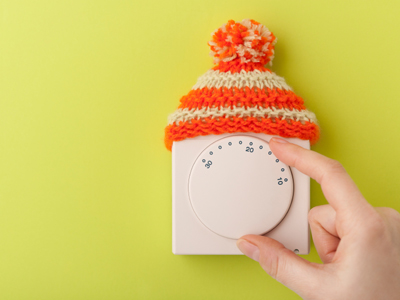

Physics - Heating and Insulating Buildings
This Physics quiz is called 'Physics - Heating and Insulating Buildings' and it has been written by teachers to help you if you are studying the subject at senior high school. Playing educational quizzes is one of the most efficienct ways to learn if you are in the 11th or 12th grade - aged 16 to 18.
It costs only $19.50 per month to play this quiz and over 3,500 others that help you with your school work. You can subscribe on the page at Join Us
Keeping the warmth inside a home is an important consideration for many people. The architect who designs buildings needs to know how good different materials are at insulating them, so they can work out what sort of heating system will work the best. For whoever pays the bills, knowing where the most heat is being lost, and how to slow down that heat loss, will help them to save money on their heating bills. For anyone keen on environmental issues and keeping their carbon footprint as low as possible, knowing which environmentally friendly materials are the best insulators is essential.
Ready for more?
not all...
quizzers. Try to win a coveted spot on our Hall of Fame Page.






